Photochemistry is the study of chemical reactions, isomerization, and physical behavior that can occur when exposed to visible and/or ultraviolet light. Understanding photochemical reactions is based on two key principles:
The first law of photochemistry states that for a photochemical reaction to occur, light must be absorbed by the component.
According to the second law of photochemistry, each photon of light absorbed by a chemical system activates just one molecule for further reaction. Albert Einstein developed the quantum (photon) theory of light and came up with this "photo equivalence law."
Photobiology is a wide term that encompasses all biological processes that include non-ionizing radiation. Photobiological responses are known to be the outcome of chemical and/or physical changes in biological systems induced by non-ionizing radiation. Photophysics, photomovement, photosynthesis, photochemistry, photomorphogenesis, visual processing, circadian rhythms, bioluminescence, and ultraviolet radiation effects are all studied in this field.
The study of chemical reactions that cause electrons to move is known as electrochemistry. It is a sub-discipline of physical chemistry concerned with the relationship between electrical potential as a quantifiable and quantitative phenomena and identifiable chemical change, with electrical potential as an outcome of a specific chemical change or vice versa. The movement of electrons is known as electricity, and it can be generated by moving electrons from one element to another in an oxidation-reduction ("redox") reaction.
- Photocatalysis and photoreactors
- Photo and electrodeposition
- Electrocatalytic and photocatalytic processes
- Synthesis and solar chemistry
- Electrolysis and corrosion
- Corrosion Prevention
- Novel electrocatalysts
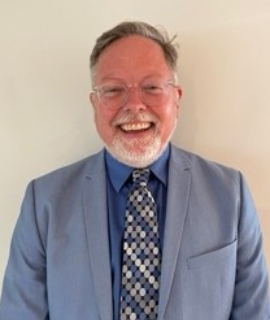
Thomas J Webster
Interstellar Therapeutics, United States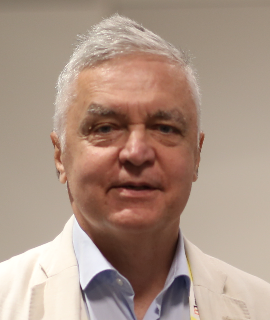
Sergey Suchkov
R&D Director of the National Center for Human Photosynthesis, Mexico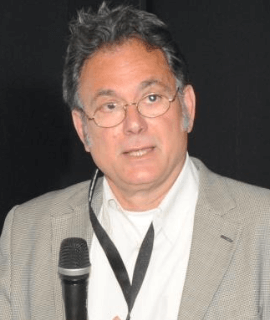
Christopher Koroneos
University of Western Attica, Greece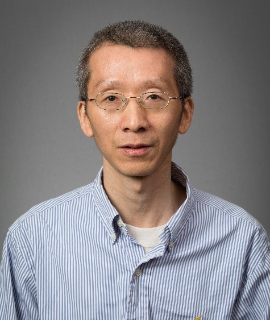
Haibo Ge
Texas Tech University, United States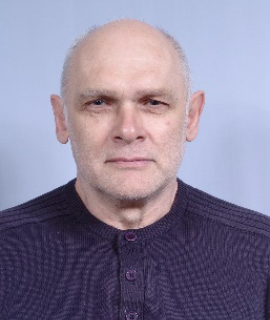
Valery P Kalinitchenko
All Russian Phytopathology Research Institute, Russian Federation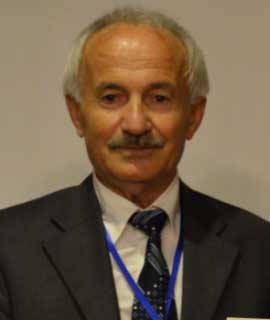
Osman Adiguzel
Firat University, Turkey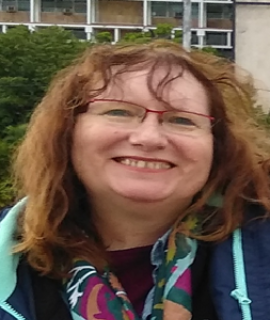
Delia Teresa Sponza
Dokuz Eylul University, Turkey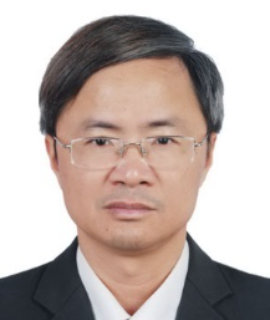
Guangnan Ou
Jimei University, China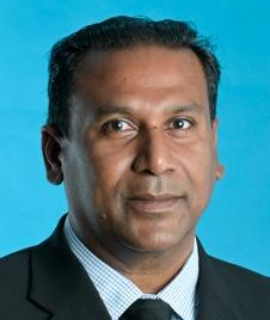


Title : Using cells as the environmentally catalyst for nanoparticle synthesis: Killing bacteria, inhibiting inflammation, and growing tissues
Thomas J Webster, Interstellar Therapeutics, United States
Title : Personalized and Precision Medicine (PPM) as a unique healthcare model to be set up through biodesign-inspired biotech-driven translational applications and upgraded business marketing to secure the human healthcare, wellness and biosafety
Sergey Suchkov, R&D Director of the National Center for Human Photosynthesis, Mexico
Title : Chemical soil biological engineering and biogeosystem technique methodology
Valery P Kalinitchenko, All Russian Phytopathology Research Institute, Russian Federation
Title : Antibody-proteases as translational tools of the next-step generation to be applied for biotech, bioindustry and personalized and precision medical practice
Sergey Suchkov, R&D Director of the National Center for Human Photosynthesis, Mexico
Title : Shape memory phenomena and crystallographic transformations in shape memory alloys
Osman Adiguzel, Firat University, Turkey
Title : Construction of artificial metalloenzymes by protein refolding
Guangnan Ou, Jimei University, China
Title : Photoremoval of some brominated phenols (4-bromophenol and 2,4,6-tribromophenol) with reused polystyrene foam and SnO2
Delia Teresa Sponza, Dokuz Eylul University, Turkey
Title : Phenol removal from wastewater using innovative biological and industrial wastes as adsorbents
Ashanendu Mandal, University of Calcutta, India
Title : Boom of nanomaterials in environmental remediation
Vijendra Singh Solanki, Institute of Science and Research, India
Title : Process intensification for the production of 2, 2-dimethoxypropane using Fixed BED Chromatographic Reactor (FBCR)
Akash Sunilrao Shinde, Indian Institute of Technology Bombay, India